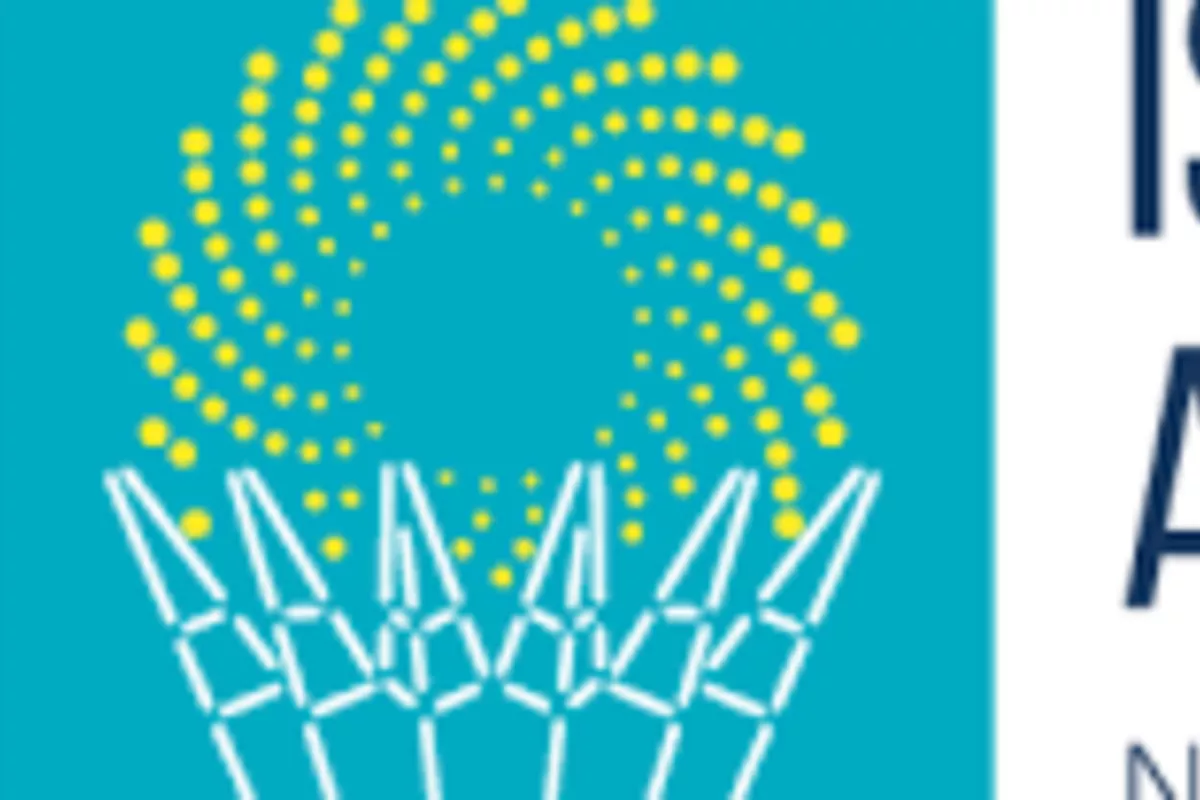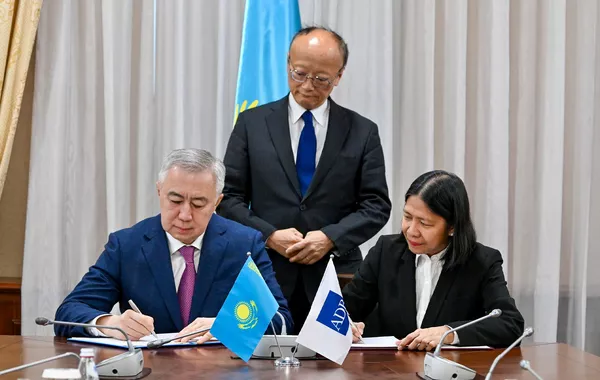
photo: Kazinform
For the first time in Central Asia, Kazakhstan is hosting one of the world’s most prestigious mathematical gatherings - the 15th International Congress of the International Society for Analysis, its Applications and Computation (ISAAC-2025).
The event is being held from July 21 to 25 at Nazarbayev University in Astana, The Caspian Post reports, citing Kazakh media.
With over 700 participants from around the world, ISAAC-2025 is the largest mathematics congress ever held in the region, a milestone that reflects Kazakhstan’s growing influence in global scientific research.
The ISAAC Congress is held every few years and has previously taken place in leading academic centers such as the United States, Japan, Germany, Canada, and the United Kingdom. This year’s choice of Kazakhstan - and specifically Nazarbayev University, the country’s premier research institution - is seen as a strong endorsement of the nation’s academic progress in mathematics and interdisciplinary science.
“This is a unique opportunity for Kazakhstani researchers to connect with top-tier scientists and launch new collaborations,” said Professor Durvudkhan Suragan, Chair of the 15th Congress.
ISAAC-2025 spans more than 20 scientific fields, including pure and applied mathematics, financial mathematics, artificial intelligence, biology, and others. The interdisciplinary scope reflects current global trends in mathematical research.
Among the high-profile attendees is Martin Hairer, a Fields Medalist from Switzerland, often referred to as a recipient of the “Nobel Prize of Mathematics.” Other distinguished participants include Carola-Bibiane Schönlieb (University of Cambridge, UK), an expert in AI and image processing; Nader Masmoudi (NYU/UAE), a leader in nonlinear analysis; and Alexei A. Mailybaev (IMPA, Brazil), known for his work in dynamical systems.
Speaking at the event, Hairer described ISAAC as “a cornerstone platform for advancing mathematical analysis.” He also voiced skepticism about the ability of current artificial intelligence tools like ChatGPT to solve complex problems such as the Millennium Prize Problems, noting that while such systems are capable of recombining existing knowledge, they have yet to demonstrate the creative capacity to produce “truly novel ideas.”
In a bid to support the next generation of scholars, ISAAC-2025 has invited 100 early-career researchers, a third of whom are from Kazakhstan. Many received funding through the new Satpayev Grant, designed to foster international scientific cooperation and youth development in academia.
ISAAC President Uwe Kähler praised the participation of young scientists and announced the recipients of this year’s awards:
Elia Bruè (Italy) received the ISAAC Award for outstanding research in mathematical analysis
Duvan Cardona (Belgium) was honored with the President’s Award for Young ISAACs
Throughout the week, the Congress will feature lectures, discussions, and collaborative sessions highlighting the latest breakthroughs in theory and practice. The event is held with the support of the National Academy of Sciences under the President of Kazakhstan and the NU Impact Foundation.
Share on social media
